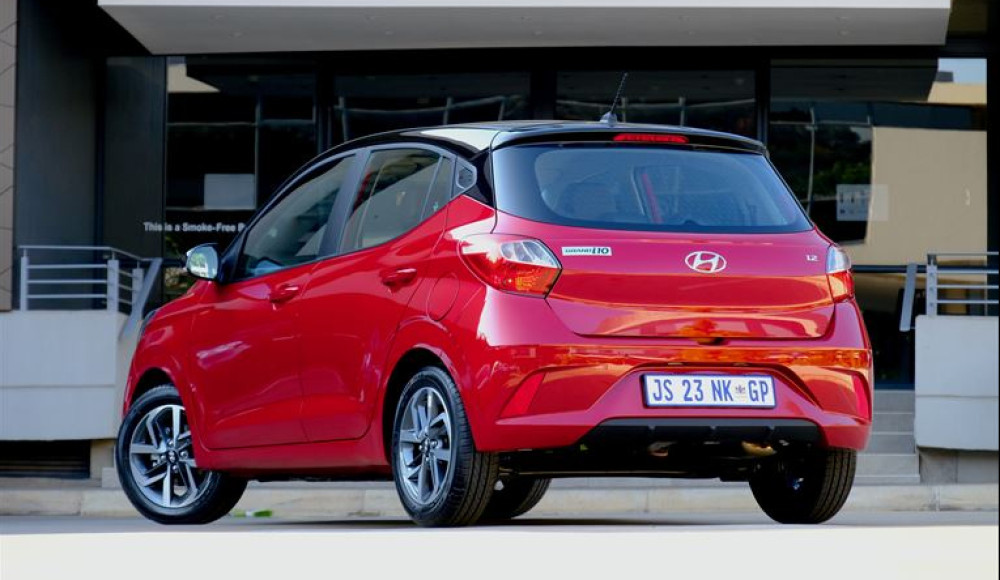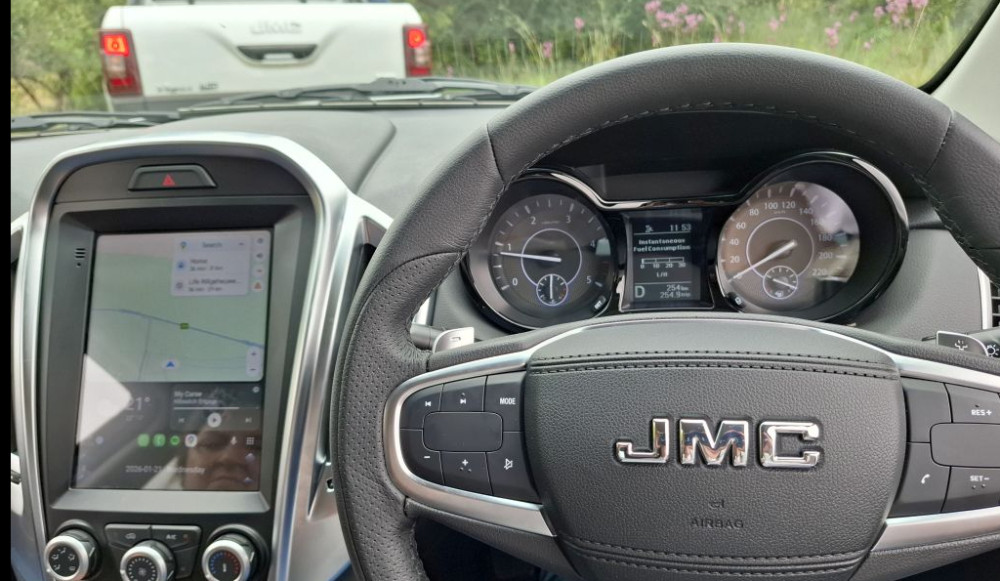South Africa’s roads recorded a striking decline in collisions and fatalities over the 2025 Easter period, with official figures revealing a 32,5% reduction in crashes and a 45,6% drop in fatalities compared to 2024 — marking the lowest Easter road toll in three years.
The Automobile Association (AA) has hailed the outcomes as a “milestone” reflecting the impact of coordinated safety measures, while emphasising the need to “embed these gains into everyday practice.”

Starting or running a small business and in need of a bakkie – click here
The AA attributed the progress to high-visibility law enforcement, the #GotHomeSafe public awareness campaign, and cross-sector collaboration. Over the holiday period, authorities discontinued 2 018 vehicles and impounded 1 536, underscoring persistent concerns over vehicle roadworthiness.
AA CEO Bobby Ramagwede reiterated calls for annual mandatory roadworthy tests — a policy currently limited to vehicle sales or ownership changes.
“A vehicle in poor condition threatens everyone,” he stated, urging stricter regulations to curb crashes linked to mechanical failures.
Despite national improvements, fatalities in Mpumalanga rose by 12%, while pedestrian deaths accounted for nearly half of all road fatalities — a trend the AA called “alarming.”
Ramagwede stressed the need for targeted interventions: “Infrastructure gaps, poor lighting, and lax enforcement in high-risk areas disproportionately affect pedestrians. Local authorities must prioritise these communities.”

For the finest selection of dealer-backed pre-owned cars click here
The Easter success has revived debate about sustaining safety gains beyond peak periods. The AA urged a year-round focus, aligning with the UN’s goal to halve road deaths by 2029. Ramagwede warned against complacency: “This progress is fragile. Road safety isn’t seasonal — it demands consistent investment and public accountability.”
While the 2025 figures offer hope, experts caution that South Africa’s road safety crisis — which claims approximately 14 000 lives annually — requires systemic solutions. The AA’s push for annual vehicle checks, suggests a potential roadmap. Yet, as pedestrian deaths and regional inconsistencies reveal, equitable implementation remains the hurdle.
For now, the Easter statistics serve as both a triumph and a reminder: progress is achievable, but the path to safer roads demands relentless, unified effort.
As Ramagwede noted: “This is a foundation—not a finish line.”
Colin Windell for Colin-on-Cars in association with
proudly CHANGECARS












